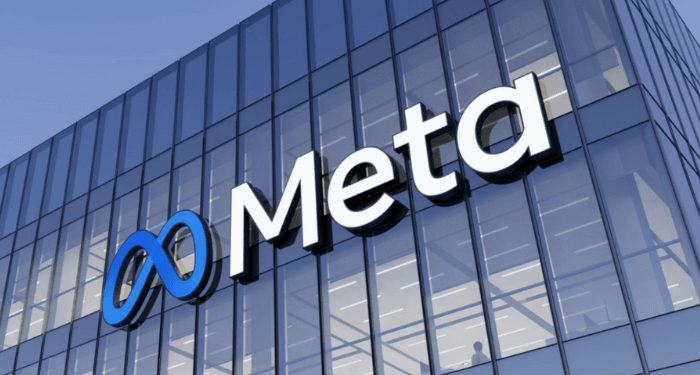In a legal drama so absurd it would be rejected by Hollywood for being too on-the-nose, Indiana bankruptcy attorney Mark Stephen Zuckerberg is suing Meta for repeatedly disabling his Facebook account on the grounds of “impersonating a celebrity”—himself.
For nearly a decade, a man who has practiced law for 40 years and held his name long before the Meta boss was born has been systematically erased from a platform he paid to use, hemorrhaging $11,000 in ad revenue and invaluable client connections.
Meta’s limp response—“we know there’s more than one Mark Zuckerberg in the world”—is disappointing, especially because it is coming from a corporation that harvests our most intimate data yet cannot solve a problem a first-year programmer could fix.
To frame this story as a humorous oddity is to miss the point entirely. For Mark Stephen Zuckerberg, this is a existential threat to his livelihood. His law firm’s survival depends on digital visibility, and Facebook’s algorithmic caprice has severed that lifeline. Every time his account is disabled, clients are unable to contact him, and his firm’s credibility is undermined.

The Surreal Burden of a Shared Name
The attorney’s ordeal extends far beyond lost revenue into the realm of surreal personal invasion. Receiving death threats and over 100 daily friend requests from strangers are not minor inconveniences; they are the consequences of a platform that encourages parasocial relationships without providing any tools to manage them.
His story of being mobbed in Las Vegas by fans expecting the tech billionaire and having to book restaurants under fake names illustrates the profound loss of personal identity and privacy that comes with sharing a famous name in the digital age. This is the human cost of a world where personal brand and online identity are inextricably linked, and platforms like Facebook act as careless gatekeepers.
Why It Matters
Meta’s failure here is not a lack of capability, but a lack of priority. The solution lies in not only offering more empty apologies but enabling a fundamental restructuring of its impersonation reporting systems.
To start with, Meta must develop and implement a system that allows users with historically common names linked to celebrities to undergo a one-time, human-reviewed verification process. Submitting a driver’s license and proof of business could grant these users a “verified common name” status, immunizing them from automated takedowns and placing them in a protected category that requires human review for any future flags.
Also, for business accounts that spend significant amounts on advertising, Meta has a financial obligation to provide direct, human customer support. A dedicated helpline or chat support for advertisers spending over a certain threshold would prevent financial losses and foster goodwill, turning frustrated customers into loyal partners.

















